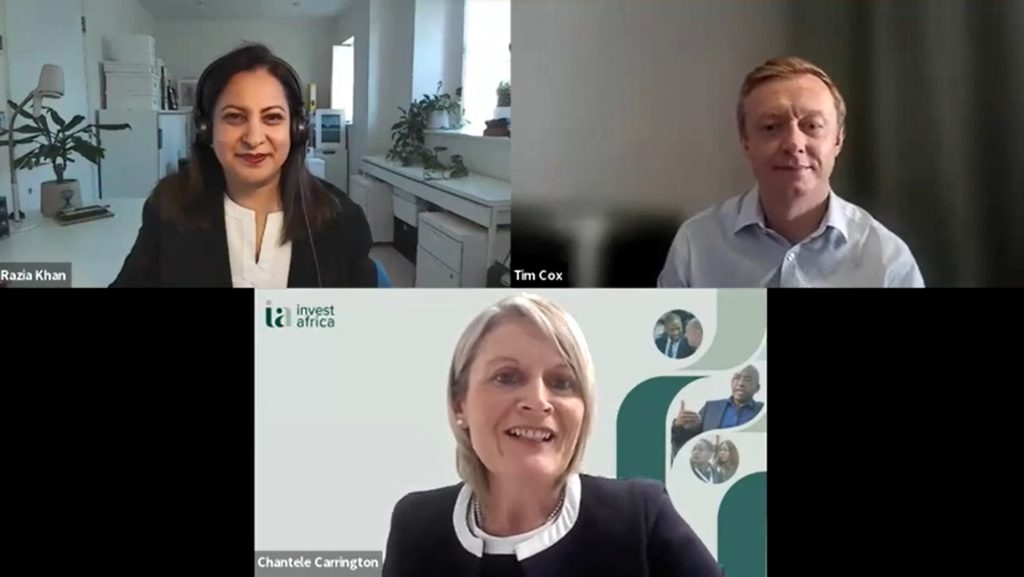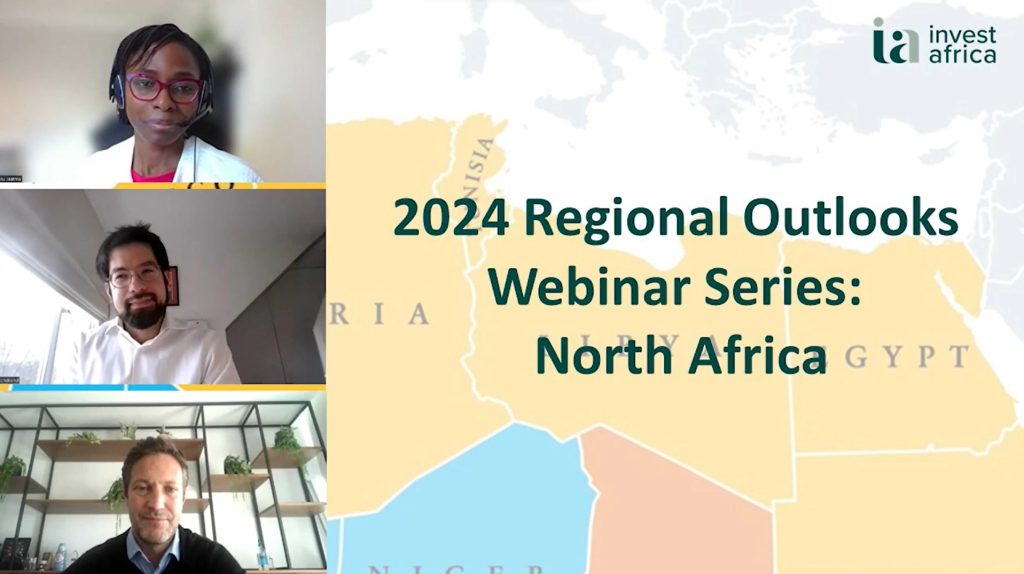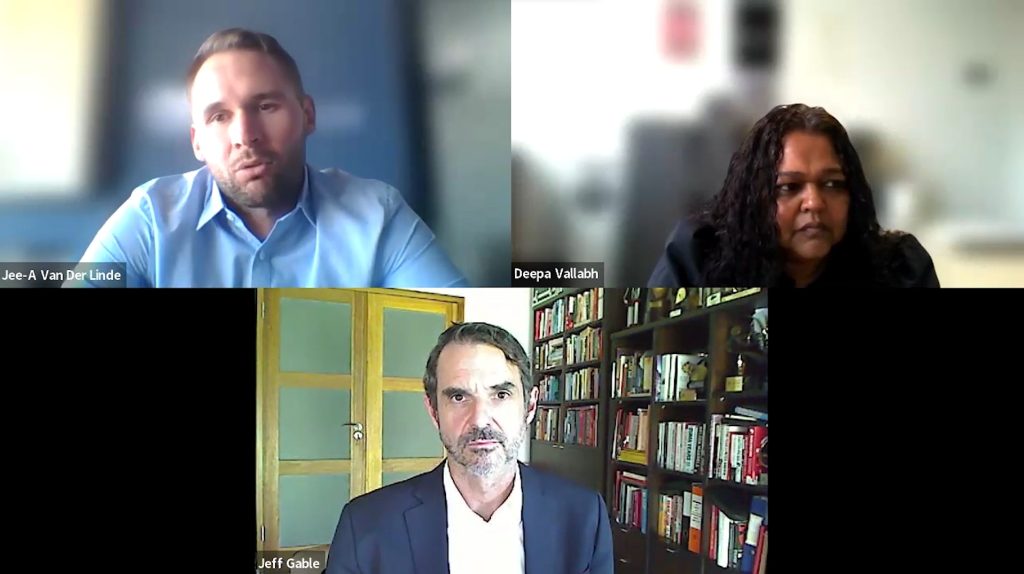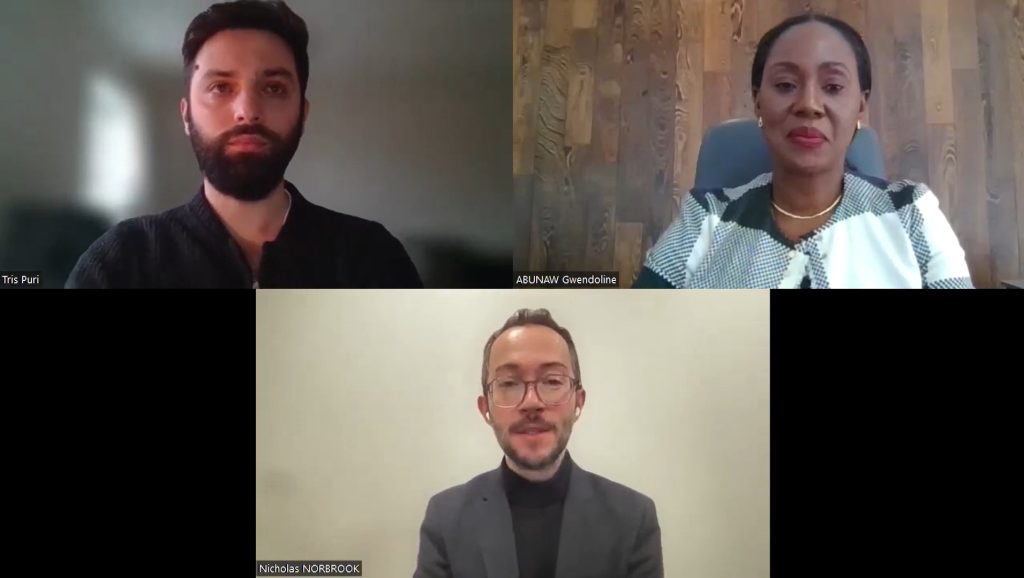Africa is forecast to be the second-fastest growing major region in 2024 across the world. The services sector is predicted to play an important role, particularly in East Africa. The global shift to cleaner energy presents opportunities for industries across the continent, and the continued implementation of the AfCFTA agreement will help to accelerate progress. The continent does however continue to feel the effects of the uncertain geopolitical landscape across the globe more acutely than other major regions and will experience a high number of elections in 2024.
In a series of webinars organised by Invest Africa, experts across the continent explore the economic trends and key investment drivers shaping the local markets in the region and what 2024 will have in store for the continent. In this article, we highlight the key takeaways from the webinar series and what business should expect for 2024.
Below are some of the key takeaways from each region :
West Africa
The 2024 Regional Outlooks Webinar Series kicked off in West Africa with an insightful discussion between Razia Khan, Head of Research, Africa & Middle East at Standard Chartered and Timothy Cox, Partner – West Africa at Control Risks, on what lies ahead for West Africa this year.
2023 was an encouraging year for Nigeria’s economy as the Government implemented a series of bold reforms including the fuel subsidy and FX reform. If Nigeria can continue with the reform momentum to complete these reforms and address the costs, Nigeria should see healthier levels of foreign inflows and investment.
In 2024, 12 national-level elections are scheduled to take place in Africa. To ensure peaceful transitions of power throughout West Africa, the Ghanaian and Senegalese elections will be critical, particularly as Ghana’s economy remains constrained by the IMF debt restructuring programme.

North Africa
The region’s geographical significance persists as a pivotal trade nexus connecting Europe and Sub-Saharan Africa. In the face of external challenges, North African governments must prioritise implementing policies that foster sustainable economic growth, leveraging the demographic potential inherent in the various countries across the region, with a particular emphasis on job creation.
North Africa is currently witnessing a surge in investment enthusiasm, particularly in renewable energy and alternative gas supplies. The persisting Russia-Ukraine conflict and the development of green hydrogen drive this heightened interest. Anticipating the year 2024, it is expected that both the Moroccan and Egyptian governments will demonstrate a dedicated commitment to enhancing economic resilience in the face of climate change.

During the North Africa Regional Outlook webinar series Naa Aku Jäätma, Senior Economist for Middle East & Africa at SMBC Group, Mickaël Gondrand, Assistant Vice President – Analyst in the Sovereign Risk Group at Moody’s Investors Service, and Benoit de Monval, Partner at DLA Piper, discussed the current economic and investment trends for North Africa in 2024.
Southern Africa
The health of South Africa’s economy has significant implications for smaller landlocked economies in Southern Africa. This has led to an increased ambition by Southern Africa’s landlocked countries, such as Botswana, to increase self-sufficiency and diversify their economies.
In light of the upcoming South African elections, clearer policies are necessary to restore and promote investor confidence, which remains below pre-pandemic levels. Amidst global economic uncertainty, 2024 is expected to focus on the search for business-friendly policy reforms.

During the 2024 Regional Outlook – Southern Africa, Jeff Gable, Head of FIC Research at Absa Group, Jee-A van der Linde, Senior Economist at Oxford Economics Africa and Deepa Vallabh, Partner, Hogan Lovells had an engaging conversation on the political and economic dynamics occurring across the region.
Francophone Africa
Francophone Africa is currently undergoing a seismic political shift, underpinned by a growing anti-French sentiment. As a result, investors will need to ensure that they are well prepared and equipped with as many of the legal tools as possible for protecting their investments.
The recent strategic repositioning of prominent French entities in the region should not be perceived as a crisis; rather, it presents an opportune moment for Francophone Africa to shape a comprehensive economic development vision. This shift opens the door to enhanced market access, inviting a diverse array of international investors to participate in the region’s inclusive growth.

During the 2024 Francophone Africa Regional Outlook, Gwendoline A., Managing Director & Cluster Head, CEMAC, Ecobank Cameroon and Tris Puri, Senior Associate – Francophone Africa Lead, S-RM, had a thought-provoking conversation on the region, expertly moderated by Nicholas Norbrook, Managing Editor, The Africa Report.
About Invest Africa’s Regional Outlook Webinar Series
The regional outlook series is organised by Invest Africa and aims to bring together experts across the continent to explore the economic trends and key investment drivers shaping the local markets in the region and what 2024 will have in store for the continent.


